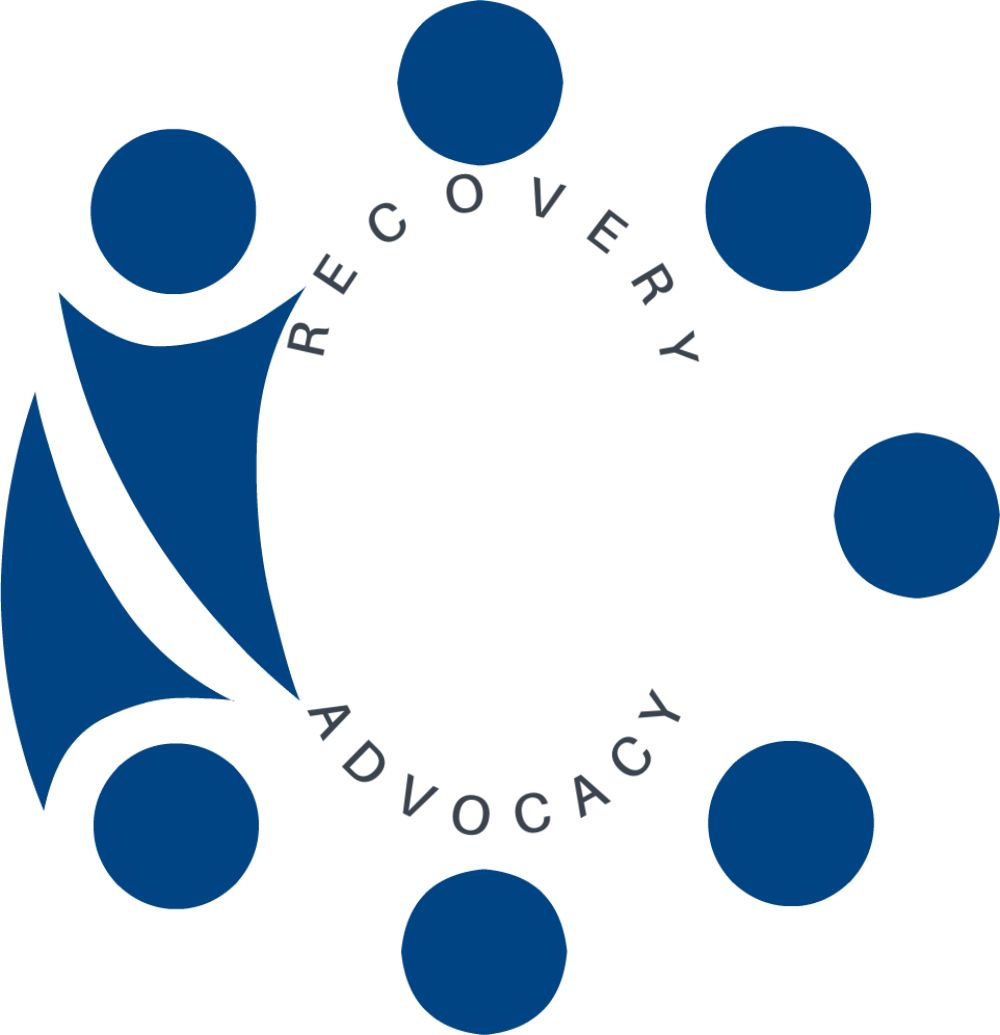Nassau Alternative
Cognitive-Behavioral Therapy
Cognitive-Behavioral Therapies (CBT) are “talk therapies” focusing on changing thoughts, feelings, what we do, and how we physically feel. Changing the dynamics of these elements affects the others. Persons suffering from Substance Abuse Disorder (SUD) experience high degrees of stress, anxiety, life functioning problems, and physical problems. Thinking becomes distorted and a pattern of self-defeating behavior develops with belief that the quickest way to “feel better” is to use. A temporary balance is achieved but short-lived and the cycle is repeated until a serious crisis occurs. CBT strategies focus on the here and now and works to help us notice and change problematic thinking styles or behavior patterns so that “feeling better” happens without having to resort to drugs and alcohol for relief.
“There is nothing either good or bad but thinking makes it so.” – Shakespeare
Appraisals Matter
The insight of the CBT model is that it is not events that bother us. Instead, it is the way that we interpret events – the meaning that we give to them – that gives rise to our feelings. This explains why two people experiencing the same event can react in completely different ways. Let’s consider an example: (Opposite).
CBT is an Action Therapy
Cognitive-Behavioral Therapy Strategies
- Facing fears (Exposure Therapy)
- Testing Beliefs that result in suffering
- Replacing bad habits (Safety Behaviors)
- Learning new Skills
CBT provides clarity to discover what is perpetuating a problem and the action needed to get ‘unstuck,’ offering guides toward change.



